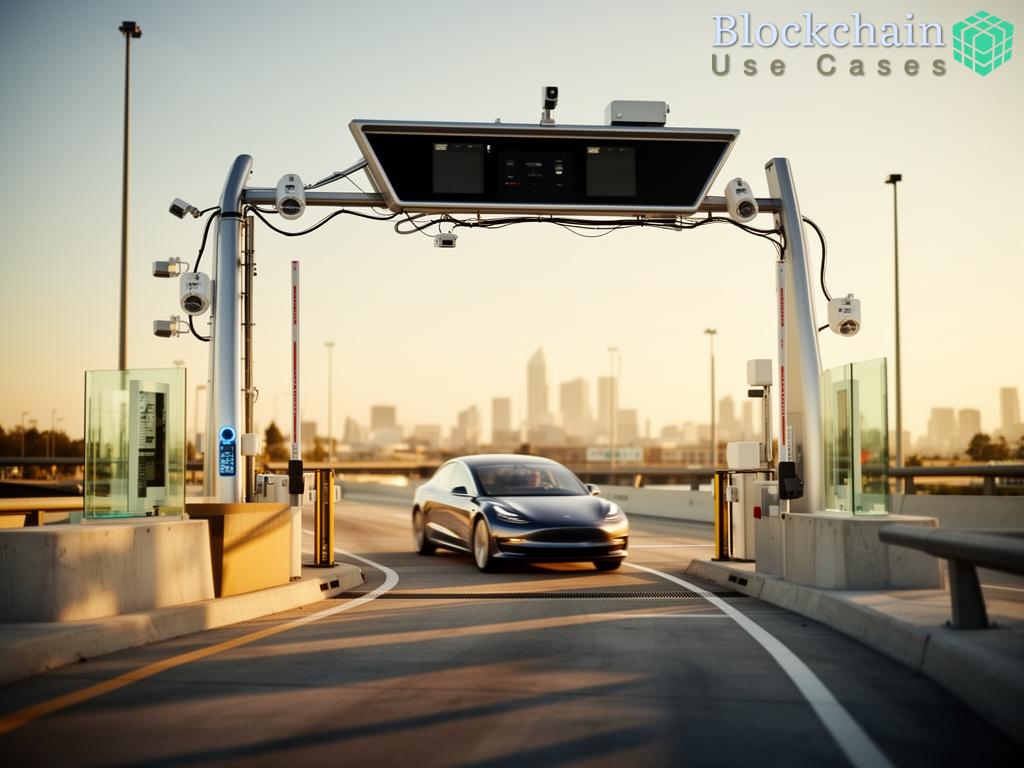The advent of blockchain technology has sparked a wave of innovation across various industries, and immigration and border control are no exceptions. Traditional processes often suffer from inefficiency, delays, and inaccuracy. By leveraging blockchain, authorities can enhance the integrity and accessibility of crucial documents, leading to a more streamlined approach to immigration and border control.
Enhancing Data Integrity and Security
Data breaches and fraudulent documentation are significant challenges in border control. Blockchain technology offers a robust solution through its decentralized and immutable nature. Each transaction or record is securely encrypted and linked in a way that makes alterations nearly impossible.
This secure framework not only protects sensitive data but also allows for real-time verification of identities and documents. For instance, immigration authorities can quickly access an individual’s verified records without relying on potentially vulnerable centralized databases.
Facilitating Efficient Cross-Border Transactions
Another critical aspect of blockchain in immigration is its ability to facilitate smoother cross-border transactions. By creating a unified platform for sharing information among different countries, blockchain can reduce processing times and eliminate redundancies.
Countries can collaborate on a global scale, sharing verified data on travelers, which not only enhances security but also improves the overall experience for travelers. The result is a more efficient processing system that benefits both border control agencies and individuals crossing borders.
Key Benefits of Blockchain in Immigration
Below is a comprehensive list of how blockchain can significantly improve immigration and border control processes:
- Increased Transparency: All parties have access to the same data, reducing discrepancies.
- Reduced Fraud: Immutable records make it difficult for individuals to present false documents.
- Enhanced Speed: Automated processes can decrease wait times at border crossings.
- Improved Compliance: Easier tracking of immigration status and history for individuals.
- Cost Efficiency: Streamlined processes can lead to reduced operational costs for governments.





